^^ Disregard my post then
My apologies sir
The one possibility of a link I can think of between the Ancient Macedonians and Cretans, is the theory that the Macedonians were Dorians who didnt migrate to the Pelloponese, but stayed put where they were. The reason I say this, is that the ancient Cretans(Minoans) were believed to have been absorbed into the Mycaenians, who were a Pelloponesian people and they in turn were assimilated into the Dorian tribes that had migrated to the area from the north..
Perhaps this is the link that shows up in the DNA evidence.
These events happened 1000bc or before, so I dont know what kind of impact this would have on a DNA test, as I dont know too much about how they work .
Also this Dorian "theory" is a theory, and not accepted 100%. Many historians believe its a relatively strong possibility, but lack enough evidence to remove the "theory" label.
My apologies sir

The one possibility of a link I can think of between the Ancient Macedonians and Cretans, is the theory that the Macedonians were Dorians who didnt migrate to the Pelloponese, but stayed put where they were. The reason I say this, is that the ancient Cretans(Minoans) were believed to have been absorbed into the Mycaenians, who were a Pelloponesian people and they in turn were assimilated into the Dorian tribes that had migrated to the area from the north..
Perhaps this is the link that shows up in the DNA evidence.
These events happened 1000bc or before, so I dont know what kind of impact this would have on a DNA test, as I dont know too much about how they work .
Also this Dorian "theory" is a theory, and not accepted 100%. Many historians believe its a relatively strong possibility, but lack enough evidence to remove the "theory" label.
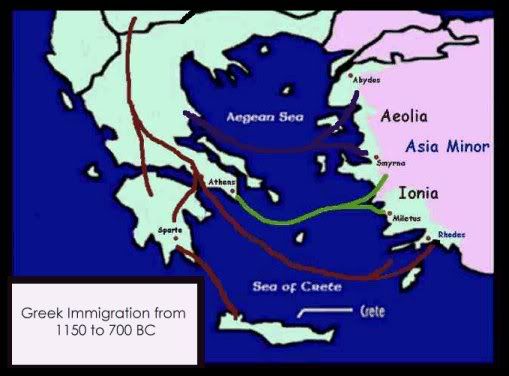
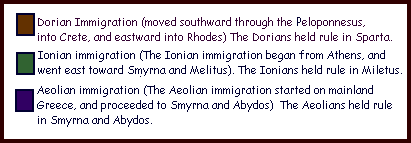



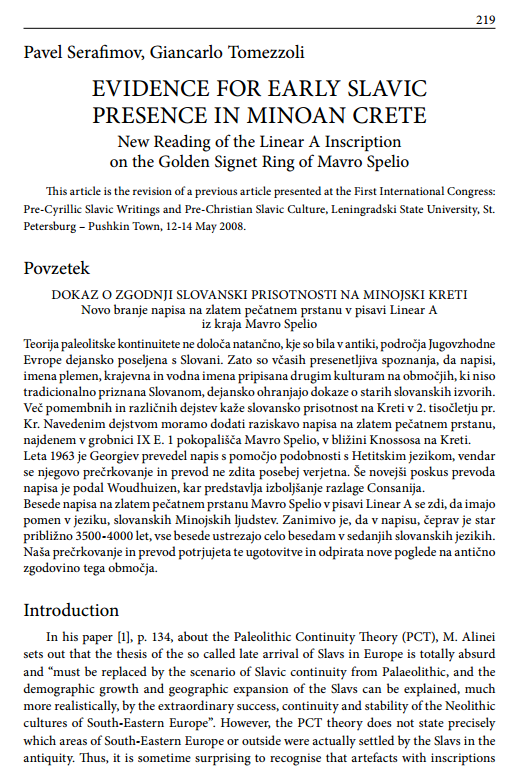
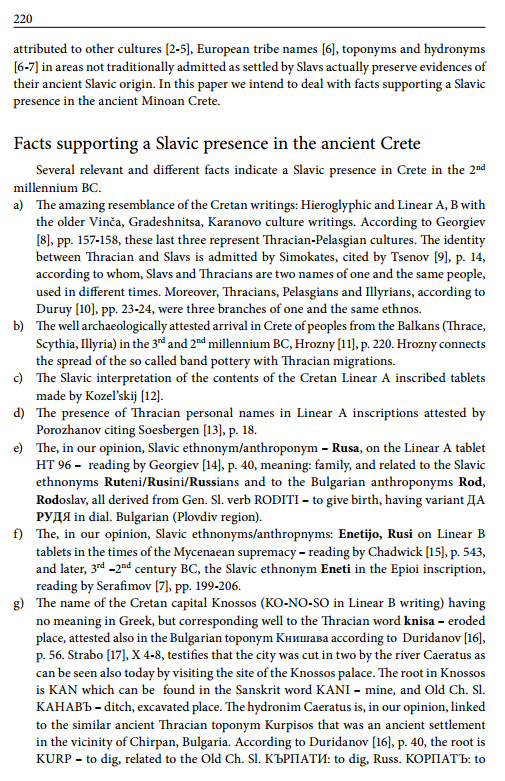
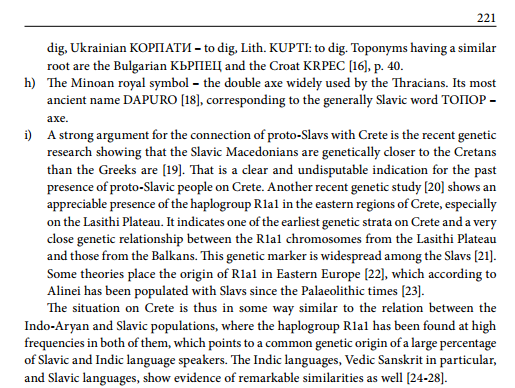
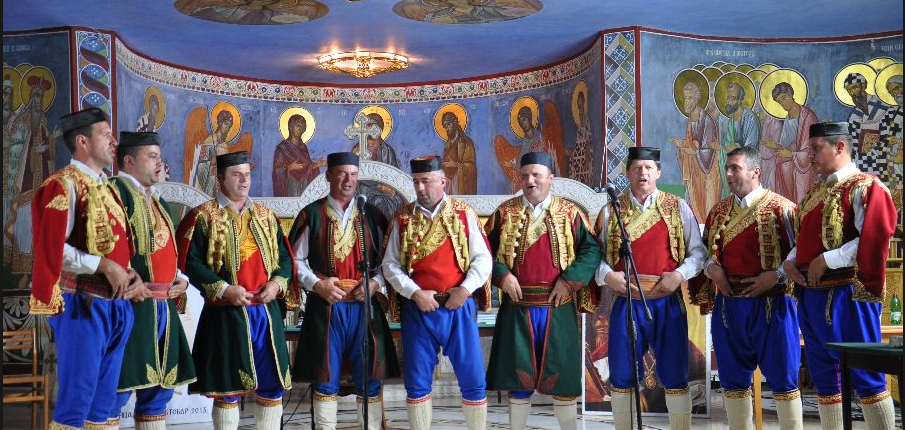

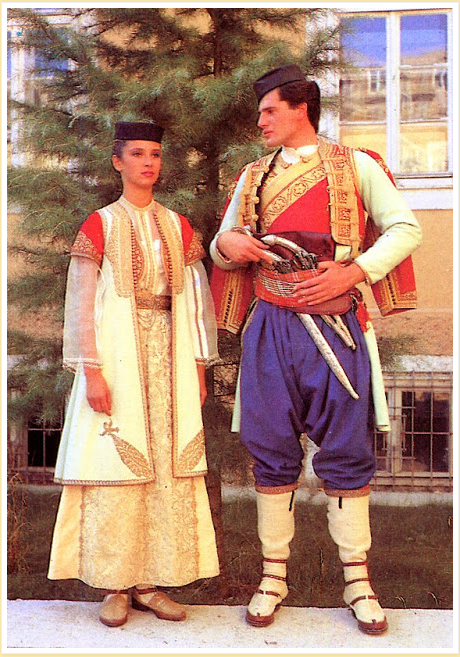
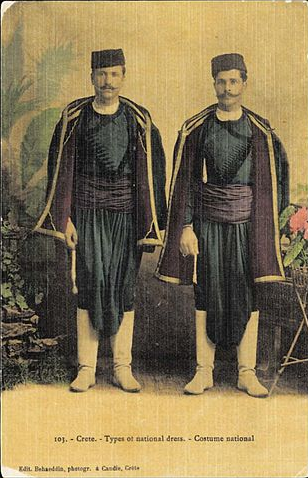
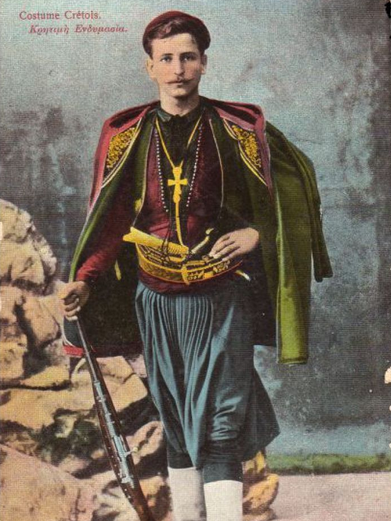

Comment